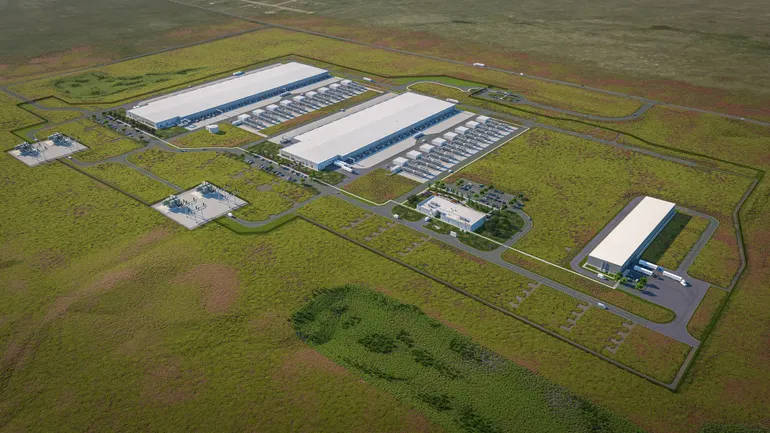
“Things are pretty straightforward for the managed cloud option — there are two obvious choices. Companies can go with IBM and Red Hat, or choose VMware,” he said, noting that while the company has been a big VMware reseller, “IBM had to ask themselves, ‘How are we going to compete so successfully with them if we are partners?’”
Broadcom has provided that impetus for change with its enforced changes to licensing.
“It’s not a one-on-one battle,” said Governor. “IBM can’t compete feature for feature.” But there will be opportunities in different areas, he said. “We can see a Java battle, a container battle, as well as a cloud battle.”
With its OpenShift solution, IBM won’t be offering a complete replacement of VMware: “It’s not going to be a turnkey option,” he said. But he pointed out that, thanks to its use of OpenShift, IBM could offer enough of an alternative to the expensive licensing demands from Broadcom.
Core licensing demands
While Broadcom’s new VCF license demands will affect IBM, other partners will be hit harder, Howarth said.
“Broadcom are asking for a minimum of 3,600 cores — that’s a demand that is going to hit some of the smaller cloud providers,” he said.






















